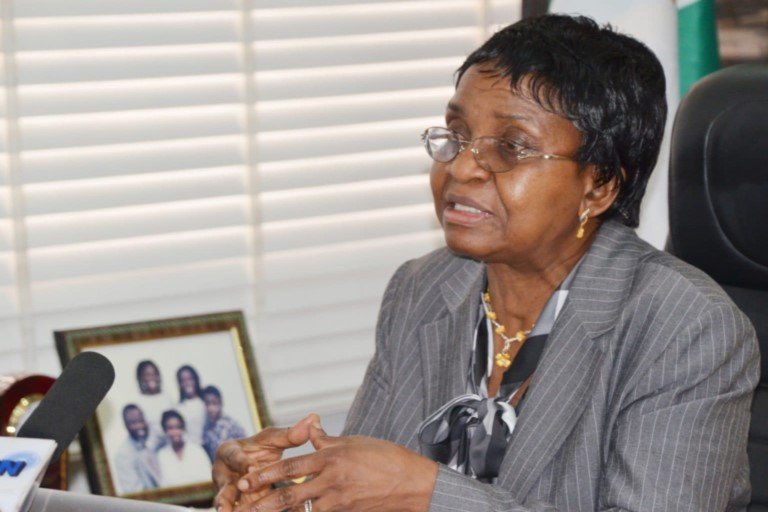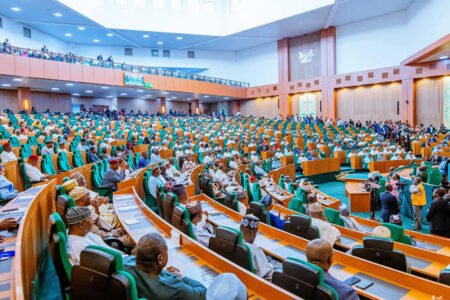The National Agency for Food and Drug Administration and Control (NAFDAC) has refuted rumours of extortion or arbitrary sanctions in the wake of its sweeping drug market crackdown, clarifying that all investigative charges imposed on traders were federally gazetted and lawful.
NAFDAC Director General, Prof. Mojisola Adeyeye, told the press in Lagos on Friday that the agency strictly followed Nigerian law during its high-profile enforcement operation across three major open drug markets: Idumota (Lagos), Ariaria (Aba), and Bridge Head (Onitsha) from February 9 to March 27, 2025.
“Let it be made abundantly clear: every charge imposed was in line with federal regulations and duly gazetted by the government.
“There was no witch-hunt, no arbitrary enforcement. These were consequences of clear violations of public health laws,” Prof. Adeyeye said.
NAFDAC sealed shops, warehouses, and distribution points selling unregistered, expired, banned, and falsified narcotics, including some diverted from donation programmes.
The agency reported removing over N1tn in dangerous drugs from circulation.
“We cannot allow a system where people peddle poisons in the name of medicine.
“Our actions were not only lawful; they were absolutely necessary to save lives,” she stressed.
“To regularise their operations, violators were issued investigative charges, including N5m for the sale of unregistered products (reduced to N200,000 after appeals), and N2m for breach of good storage and distribution practices (reduced to ₦500,000).
“These fines were not invented by NAFDAC overnight.
“They are rooted in official policy. The reductions were granted in good faith after careful consideration of appeals. This is a system based on fairness and legality.”
She further revealed that following the operation, the Ogbogwu market in Onitsha was officially reopened on 9th March 2025, and over 2,500 traders with 3,500 shops who complied with NAFDAC’s conditions had resumed full activity.
“Let it be known: there is unconditional reopening for those who comply with our regulations.
“We are not shutting businesses down permanently; we are restructuring the system for safety and accountability,” she said.
The Ogbogwu market, notoriously known as the centre of counterfeit pharmaceuticals in West Africa, had been on NAFDAC’s radar for years.
Adeyeye stated that the agency could no longer “turn a blind eye” to the widespread use of lethal drugs, which has resulted in countless avoidable deaths.
“Fake anti-hypertensives, expired antibiotics, and illegal narcotics have no place in our healthcare system.
“We will continue to root them out market by market, warehouse by warehouse, until Nigeria is free of killer drugs.”
Adeyeye stressed NAFDAC’s commitment to ensuring the safety, efficacy, and quality of all medical products used by Nigerians and pledged to sustain surveillance and enforcement across the country.
“This is about saving lives. We cannot afford to lose more pregnant women, children, or chronically ill patients to counterfeit medicine. This is our mandate, and we will not relent.”











